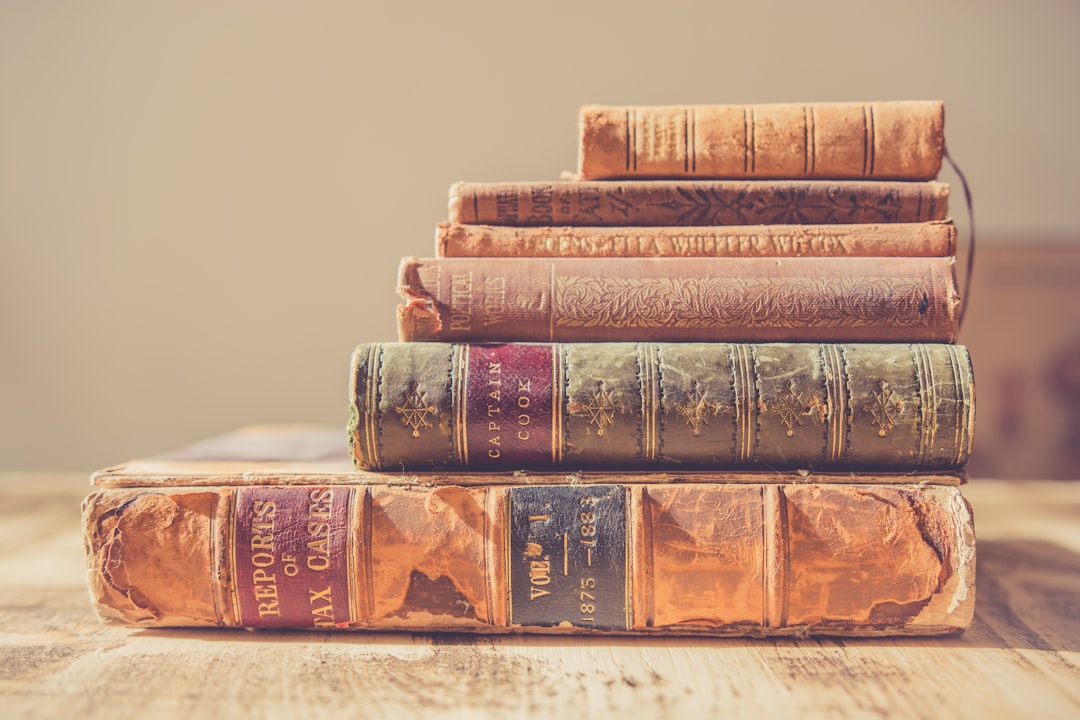What are the Great Books?

As soon as I announced my intention to write about the Great Books, several people pressed me (quite rightly) to define what I mean by that description. I was planning to do so anyway so I appreciate being taken to task on this question! If we are setting out to discover and engage the “great works of the western canon”, then it is only fitting that we establish at least a working definition of what’s included in this set. (By default, this means we’ll be required to exclude other notable works—as much as that may upset some.)
When we say “Great Books”, a number of images may come to mind:
Old books
Old books written in ancient languages
Old books written in ancient languages by (typically) dead, white men
Well, I suppose there is a kernel of truth to that description, but it doesn’t get us very far really. Consider the book in the picture above: “Reports of Tax Cases, Vol I, 1875-1883”. No matter how venerable-looking its antique binding—and how dead its author—books on taxation have made the “greatest hits” list of nobody, ever!
Many of us, though, may think of Mortimer Adler when we hear references to the Great Books. Indeed, the 20th century author of “How to Read a Book” (the seminal text of the Online Great Books program) and co-editor of the encyclopedic collection of “Great Books of the Western World” , was my first exposure to a list of texts that have survived the test of time to shape our cultural imagination today. I am deeply indebted to Dr. Adler for giving me the tools and desire to start reading these books on my own. I proudly owned and read his collection for many years until their cheap bindings wore out (and I got tired of lugging them around between military moves!)
Over time, I have moved on myself from my initial enthusiasm for Dr. Adler and the Great Books movement he founded with University of Chicago President Robert Hutchins. As Scott Hambrick and Karl Schudt noted in a recent OGB podcast episode on Hutchins, even these great works can be treated as instruments to impose various political agenda. “Read these books and conform to our liberal mold.” Perhaps that is why many of them have also been labeled “dangerous”.
I am open to a lively debate on this subject, but here follows my working definition of the Great Books of western civilization:
The Great Books comprise the literary tradition that originated in the ancient worlds of (roughly) Greece, Rome, and Mesopotamia; inspired early Christian and later writers; and stood the test of time to form the foundations and legacy of our civic, religious, and cultural institutions (to include our cultural imagination) in the West.
The key criteria of the Great Books is that they have shaped the ongoing dialogue about the common good and our cultural imagination. Our ancestors chose to preserve and pass them on because of their ability to illuminate important ideas, often with beautiful language and imagery. As to their enduring truth—well, that has been the debate of the ages and why we continue to read and discuss them.
What do you think? Am I on or off target?


I like your definition. I think Adler also described the set of Great Books as the “substance of a liberal education.” I have always referred to the compilation as a “canon.”